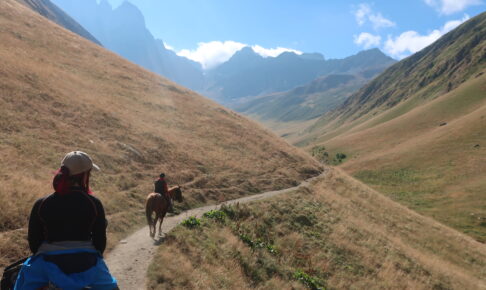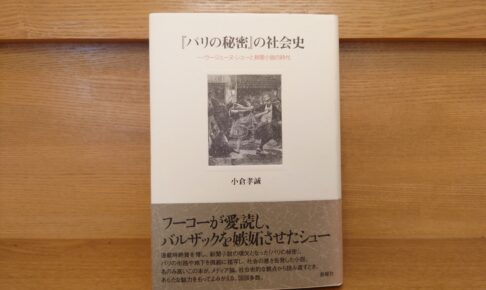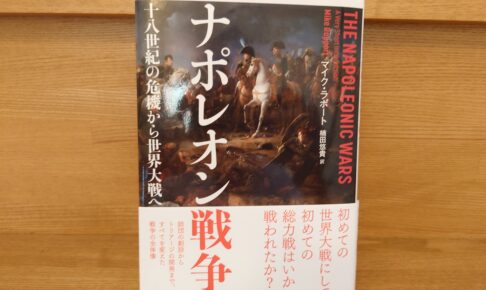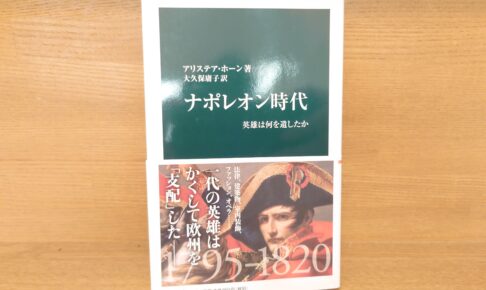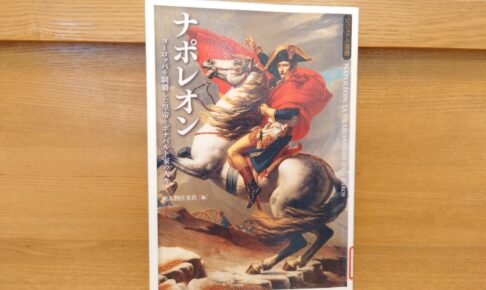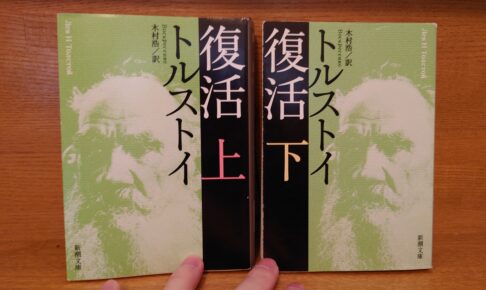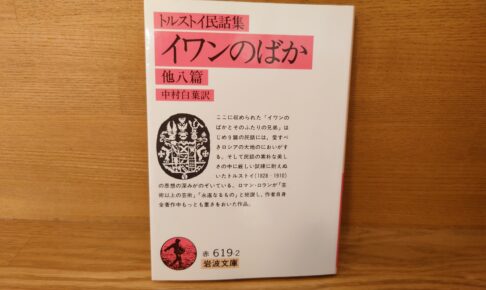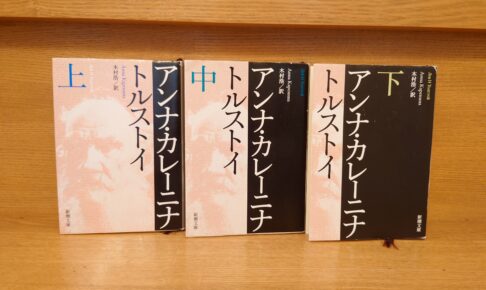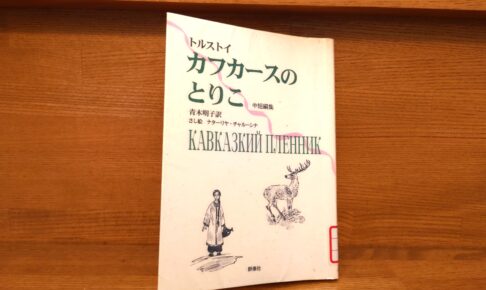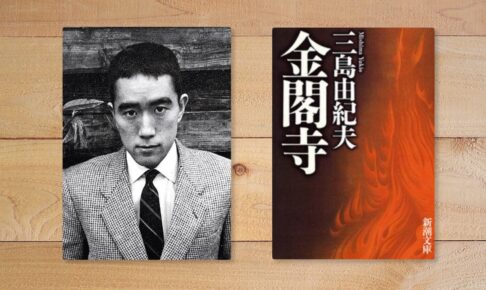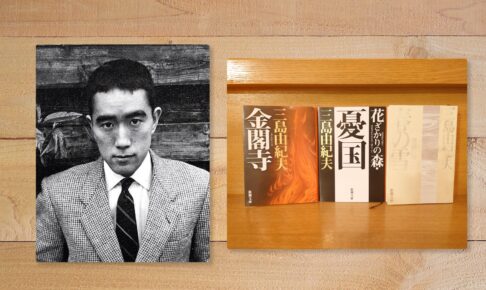(1) Paris through the eyes of Dostoevsky and Tolstoy: What did they think of Paris?
Dostoevsky and Tolstoy visited Paris in 1862 and 1857, respectively.
They wrote down the events they saw and their thoughts about them, which they used as food for their later writing activities.
In this article I will share my thoughts about this trip through them.













